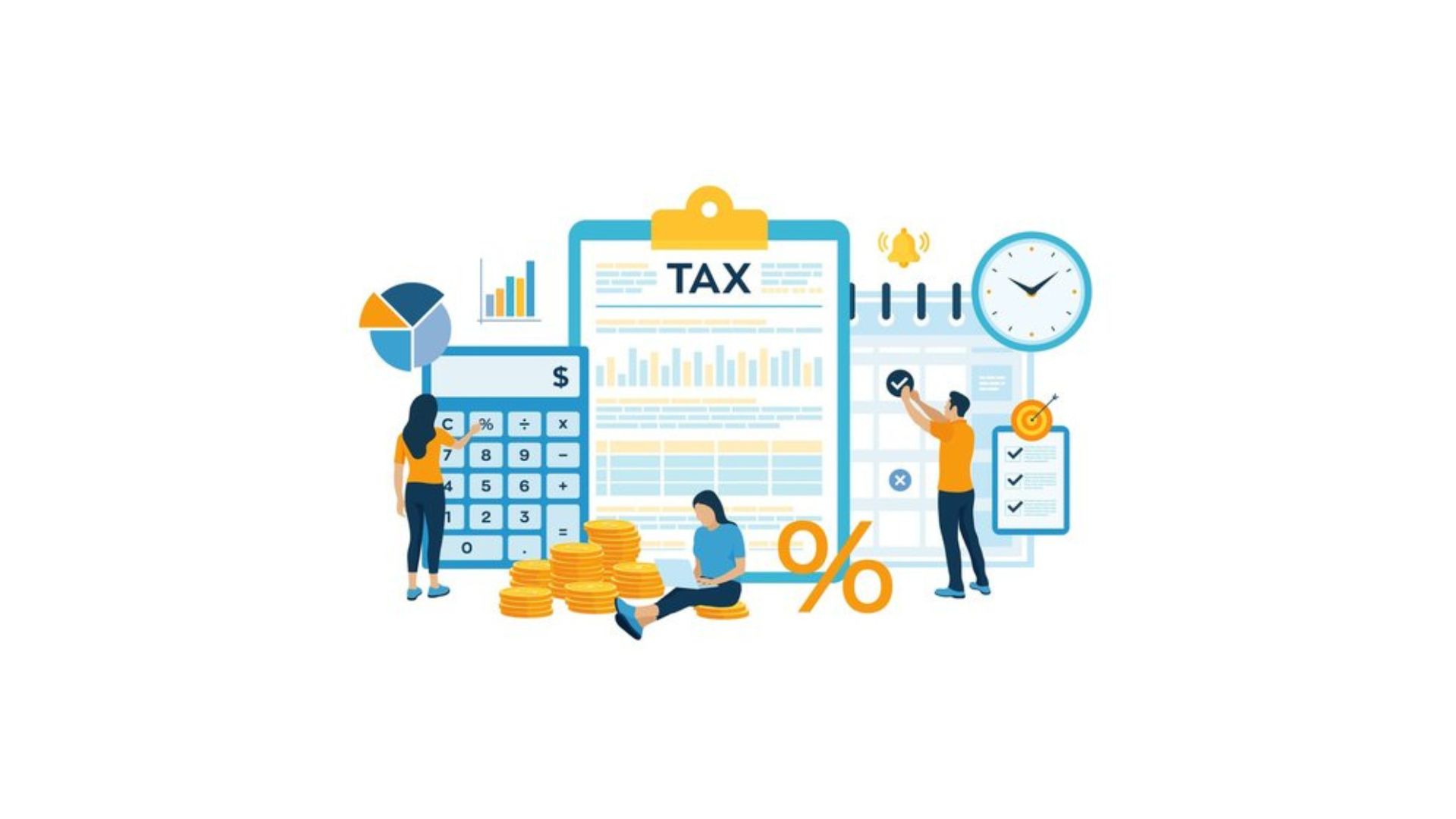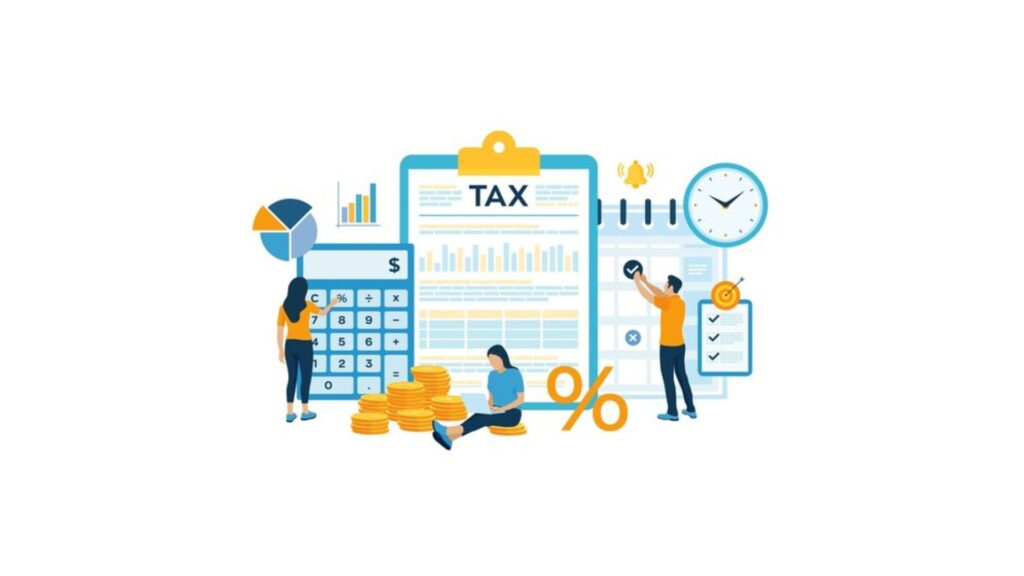
17 Jun AAAR Gujarat’s Perspective on ITC

Introduction
Air conditioning, cooling, and ventilation systems are no longer luxuries but essentials for both residential and commercial spaces. The GST Department’s refusal to grant Input Tax Credit (ITC) on these systems is causing significant concern among businesses. Let’s delve into the legal nuances and understand why this decision has been taken and what it means for you.
- AAAR Gujarat's Perspective
- Wago Pvt. Ltd. Case (2024-VIL-23)
Introduction
In a recent landmark decision, the Gujarat Authority for Advance Ruling (GAAR) and subsequently the Gujarat Appellate Authority for Advance Ruling (AAAR) addressed the contentious issue of Input Tax Credit (ITC) eligibility concerning air conditioning and ventilation systems under GST regulations. The ruling has significant implications for businesses investing in infrastructure development across India.
Facts of the Case
Background
Wago Private Limited, a company based in Vadodara, Gujarat, sought clarification from GAAR regarding the admissibility of ITC on GST paid for the procurement and installation of air conditioning and ventilation systems in their newly established factory.
Court Proceedings
GAAR initially ruled that the expenses incurred by Wago Private Limited on these systems fell within the ambit of blocked credits under Section 17(5)(c) of the CGST Act, 2017. Dissatisfied with this decision, Wago Private Limited subsequently appealed to the AAAR to reconsider the classification of these expenditures under GST provisions.
Issue
Interpretation of ITC Eligibility
The core issue revolved around whether air conditioning and ventilation systems should be categorized as “plant and machinery” or deemed integral parts of immovable property once installed in the factory premises.
Held
AAAR’s Decision
After careful consideration, AAAR upheld GAAR’s ruling, reinforcing that:
Nature of the Systems
The air conditioning and ventilation systems, upon installation, became integral components of the factory building structure. This characterization aligned with the definition of immovable property under prevailing GST laws.
Legal Precedents
AAAR referenced previous judicial decisions, including the Supreme Court’s stance in cases such as Globus Stores P. Limited, which similarly classified such systems as part of immovable property rather than standalone machinery.
Section 17(5)(c) Application
Given their classification as immovable property, ITC on these systems was denied under Section 17(5)(c) of the CGST Act, which restricts credits for works contract services involved in immovable property construction.
- Varachha Co-Op. Bank Ltd. Case (2023-VIL-37)
Introduction
In a recent ruling by the Appellate Authority for Advance Ruling (AAAR), Gujarat, the eligibility of Input Tax Credit (ITC) under GST laws was deliberated concerning various items used in the construction of a new administrative building by M/s. The Varachha Co-Op. Bank Ltd. The ruling centered on whether certain items like the Central Air Conditioning Plant, Lift, Electrical Fittings, and Fire Safety Extinguishers should be classified as immovable property, thereby affecting their ITC eligibility.
Facts of the Case
M/s. The Varachha Co-Op. Bank Ltd., referred to as “the Applicant,” is in the process of constructing a new administrative building. They engaged in contracts for the supply and erection of several systems, including a Central Air Conditioning System. The Applicant sought clarification on the availability of ITC for expenses incurred on these systems and other related goods used in their construction project.
Issue
The primary issue revolved around interpreting the applicability of ITC under Section 17(5) of the CGST Act, 2017, specifically whether items like the Central Air Conditioning Plant, Lift, Electrical Fittings, and Fire Safety Extinguishers qualify as immovable property, thereby making them ineligible for ITC.
Held
The AAAR, Gujarat, in the case of IN RE: M/S. THE VARACHHA CO-OP. BANK LTD., – 2023 (10) TMI 473 – APPELLATE AUTHORITY FOR ADVANCE RULING, GUJARAT, held that the items mentioned, including the Central Air Conditioning Plant, Lift, Electrical Fittings, and Fire Safety Extinguishers, were categorized as immovable property. Therefore, they were deemed ineligible for Input Tax Credit under GST laws.
- Karnataka High Court Ruling
- Hindustan Unilever Ltd. Case (2016)
Introduction
In recent legal proceedings, the Karnataka High Court addressed critical issues concerning Karnataka Value Added Tax (VAT) and its applicability to electrical and electronic goods, specifically highlighting the case involving Hindustan Unilever Ltd. This article delves into the facts of the case, the legal implications, and the court’s decision.
Facts of the Case
Background of Karnataka VAT
Karnataka VAT, established to regulate the taxation of goods in the state, outlines specific guidelines for claiming Input Tax Credit (ITC) on purchases made for resale or manufacturing purposes.
Involvement of Hindustan Unilever Ltd
Hindustan Unilever Ltd, a prominent consumer goods company, was engaged in the purchase and utilization of various electronic goods, including air conditioners, air coolers, telephones, and fax machines. The company sought to claim ITC on these purchases under Karnataka VAT provisions.
Interpretation of Fifth Schedule
The Fifth Schedule of Karnataka VAT categorizes goods for which ITC can be claimed only if they are used for resale or manufacturing of goods for sale. This includes electronic goods listed as per the schedule.
Issue
Dispute Over Input Tax Credit
The core issue in this case revolves around whether Hindustan Unilever Ltd can claim ITC on the purchase of electronic goods under Karnataka VAT laws when these goods are not directly used for resale or manufacturing purposes.
Held
Karnataka High Court’s Decision
In its judgment, the Karnataka High Court ruled that electronic goods, such as air conditioners, air coolers, telephones, and fax machines, fall under the category specified in the Fifth Schedule of Karnataka VAT. Therefore, ITC can only be availed if these goods are intended for resale or used in the manufacturing process of other goods for sale. Goods not meeting these criteria are ineligible for ITC.
The court emphasized the importance of strict adherence to VAT provisions to prevent misuse of tax credits and ensure fair taxation practices across sectors.
- CESTAT Chennai's Take
- Verizon Data Services I Pvt. Ltd. Case (2014)
Introduction
In the realm of indirect taxation in India, the issue of eligibility for Input Service Credit (ISC) under CENVAT (Central Value Added Tax) rules has been a matter of significant legal scrutiny. The recent decision by the Chennai bench of the Customs, Excise and Service Tax Appellate Tribunal (CESTAT) regarding Verizon Data Services I Pvt. Ltd. sheds light on the eligibility of certain input services like life maintenance, air-conditioning, cafeteria renting, sale of foreign currency, and AMC for air conditioning systems under CENVAT rules.
Facts of the Case
Verizon Data Services I Pvt. Ltd. approached CESTAT Chennai seeking a refund of CENVAT credit related to various input services. These services included life maintenance services, renting of cafeteria areas, sale of foreign currency, and AMC services for air conditioning systems. The issue revolved around whether the denial of credit on these services was justified under the existing CENVAT rules.
Issue
The central issue before the tribunal was the eligibility of CENVAT credit on input services such as life maintenance, air-conditioning services, renting of cafeteria areas, sale of foreign currency, and AMC for air conditioning systems. The appellant contended that these services were essential for business operations and should qualify for CENVAT credit.
Held
After careful deliberation, CESTAT Chennai held that the denial of CENVAT credit on services like air-conditioning, renting of cafeteria areas, and AMC for air conditioning systems was not sustainable under the law. The tribunal emphasized that these services were integral to business operations and contributed directly to the provision of output services. Therefore, Verizon Data Services I Pvt. Ltd. was deemed eligible for a refund of CENVAT credit on the aforementioned input services.
Analysis of Legal Perspectives
Section 17(5) of GST Act
Section 17(5) of the GST Act is a critical part of the regulations that defines the ineligibility for ITC on specific goods and services. This section states that goods or services used for construction of immovable property are not eligible for ITC. This includes air conditioning and ventilation systems, as per the AAAR Gujarat’s rulings.
Classification of Plant and Machinery
The classification of HVAC systems as part of immovable property challenges the traditional view of them being plant and machinery. This classification impacts how businesses can claim ITC, making it essential to understand the legal definitions and interpretations.
Impact on Businesses
Challenges Faced
Businesses are now grappling with the challenge of not being able to claim ITC on essential systems. This impacts cash flow and operational costs, especially for those in the hospitality, healthcare, and commercial real estate sectors where such systems are crucial.
Possible Workarounds
Businesses are exploring various strategies, such as:
- Reclassifying Equipment: Consulting with tax experts to explore possible reclassification or adjustments.
- Documentation and Compliance: Ensuring all documentation is in place to support any future claims or appeals.
- Legal Consultation: Seeking advice on potential legal avenues to challenge the denial of ITC.
Conclusion
The denial of ITC on air conditioning, cooling, and ventilation systems by the GST Department has significant implications for businesses. While some rulings support the denial, others highlight potential areas for reconsideration. It’s crucial for businesses to stay informed, seek expert advice, and explore possible legal avenues to ensure they can optimize their ITC benefits.


No Comments